Nigerian Cuisine: Flavors of West Africa
Nigerian cuisine is a vibrant and diverse culinary landscape that reflects the rich cultural heritage of the region. With hundreds of ethnic groups and a history that spans thousands of years, Nigerian dishes are a delightful blend of flavors, textures, and cooking techniques that are as unique as they are satisfying.
A Rich Culinary History
The history of Nigerian cuisine is as complex as its flavors. Influenced by various civilizations, from the Nok culture to the Benin Empire, and later by European and Arab traders, Nigerian dishes have evolved over time to incorporate a wide range of ingredients and cooking styles.
Staple Foods and Ingredients
At the heart of Nigerian cuisine are staple foods such as duru (maize), oko (beans), and tuwo (rice or fufu). These are often accompanied by a variety of soups and stews, which are the soul of Nigerian meals.
Dishes and Their Significance
Here are some of the most iconic Nigerian dishes and their cultural significance:
Jollof Rice

Jollof Rice is a one-pot dish made from parboiled rice, tomato paste, onions, and a blend of spices. It is a culinary staple across West Africa, with each country claiming its version as the best. In Nigeria, it is often served at social gatherings and celebrations.
Egusi Soup

Egusi Soup is a popular Nigerian stew made from the seeds of the egusi melon, which are ground into a fine paste. It is typically served with fufu, a dough made from cassava or yam, and a variety of leafy vegetables.
Suya

Suya is a traditional Nigerian skewered meat dish, typically made from beef or chicken. It is marinated in a spicy blend of local spices and then grilled over an open flame. Suya is a popular street food and a favorite late-night snack.
Fried Plantain

Plantains are a staple in many Nigerian households. Fried Plantain is a simple yet delicious dish that can be served as a side or a snack. It is often enjoyed with a variety of sauces or stews.
Akara

Akara is a popular Nigerian snack made from black-eyed peas. The peas are ground into a paste, seasoned, and then deep-fried into balls or patties. It is often served with a spicy chili sauce called ogiri or iro.
Beverages and Local Delights
Nigerian cuisine is not complete without mentioning the beverages and local delights that complement the meals. From garri, a starchy food made from cassava, to non-alcoholic zobo drinks made from the roselle flower, there's a world of flavors to explore.
Garri
Garri is a Nigerian staple made from cassava flour. It is often eaten with a bit of sugar or salt and can be soaked in cold water to form a porridge or eaten as a side dish with soup.
Zobo Drink
Zobo is a refreshing drink made from the calyces of the hibiscus plant. It is sweet, tangy, and often served chilled, making it a perfect accompaniment to a spicy Nigerian meal.
Cultural and Culinary Fusion
As Nigeria continues to modernize and interact with the world, its cuisine is evolving. New ingredients and cooking techniques are being incorporated, and traditional dishes are being reinterpreted with a modern twist. This fusion of culinary influences is what makes Nigerian cuisine so dynamic and exciting.
Conclusion
Nigerian cuisine is a celebration of the rich flavors and diverse culinary traditions of West Africa. With its emphasis on fresh ingredients, bold flavors, and a variety of textures, it is a culinary journey that is not to be missed. Whether you're dining in Nigeria or trying Nigerian food in the diaspora, the flavors of West Africa are sure to delight your palate and leave you wanting more.

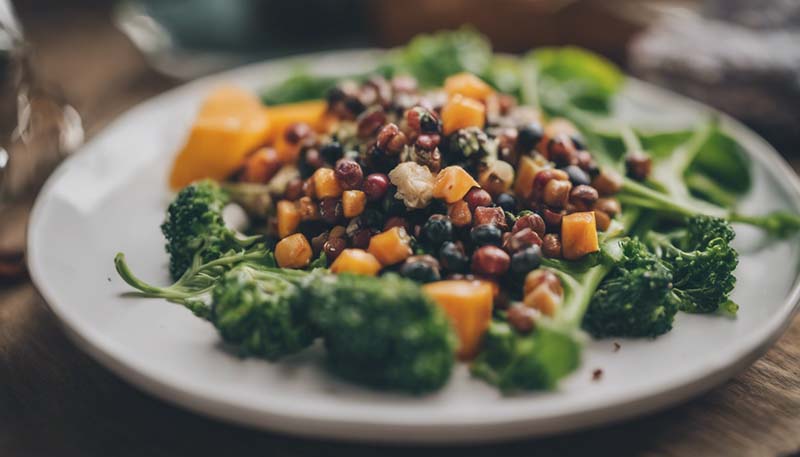
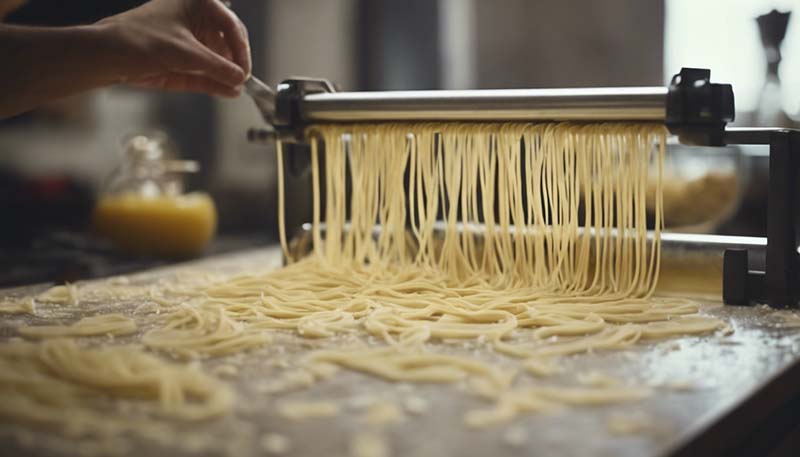








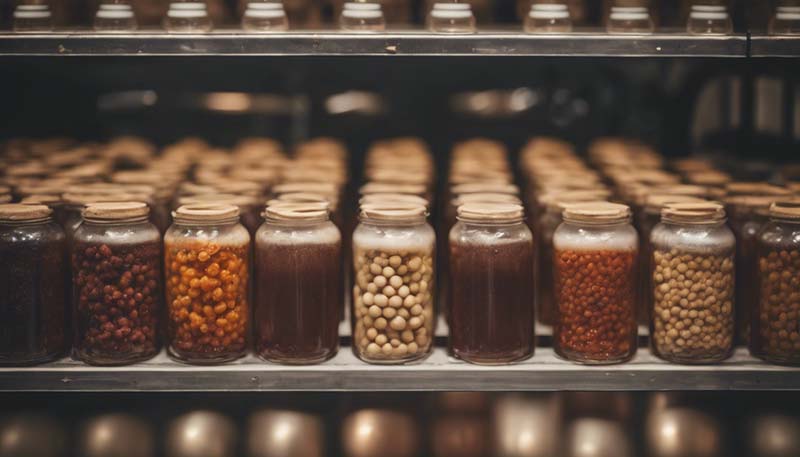
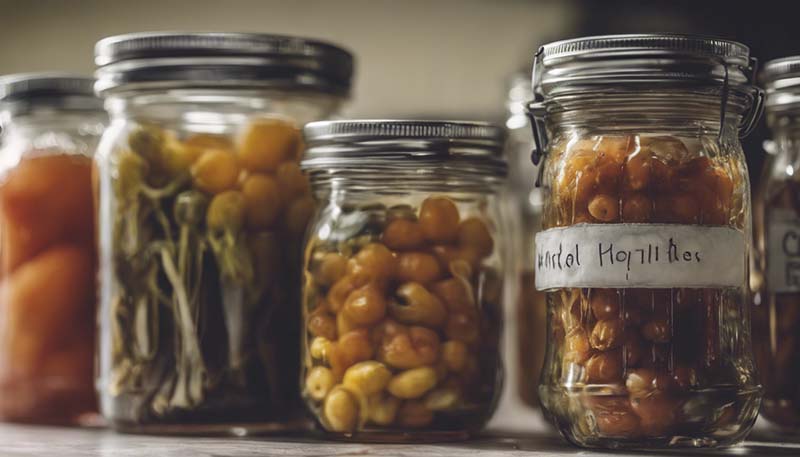




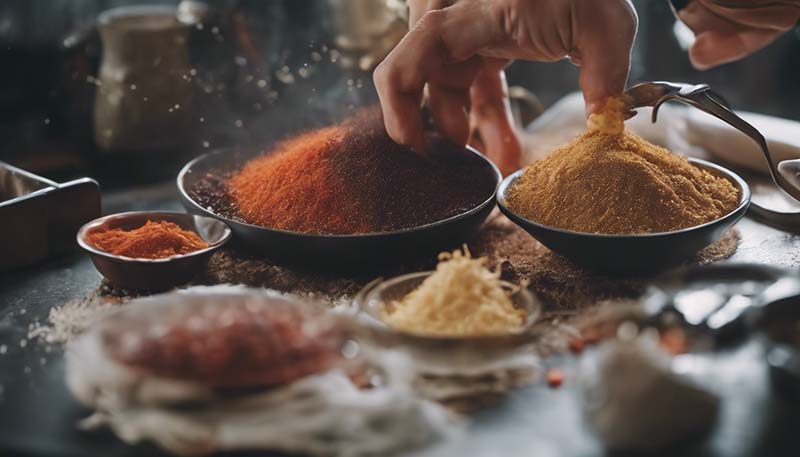

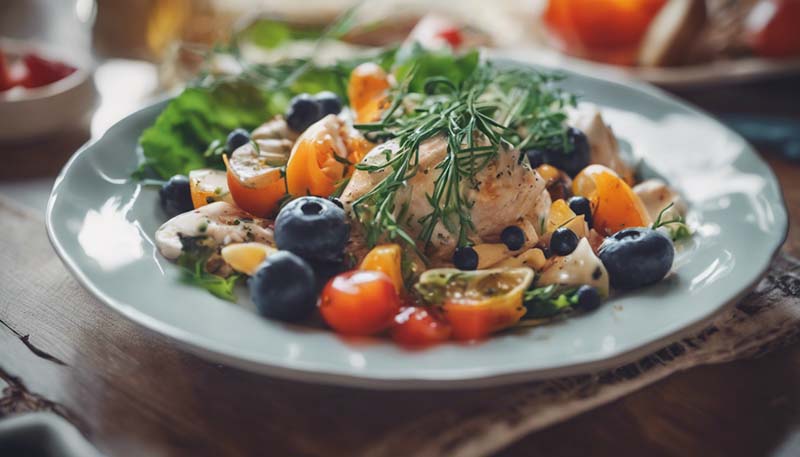
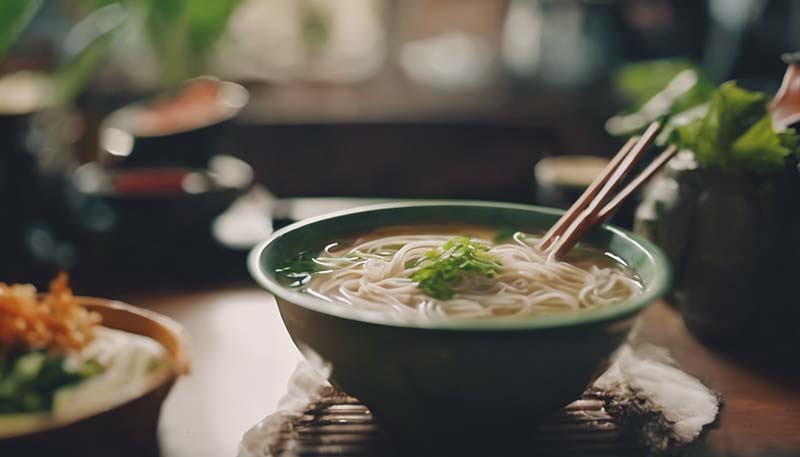




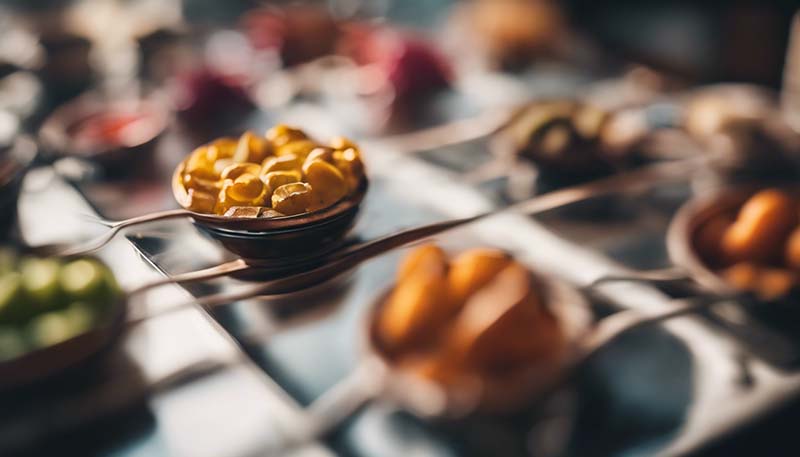

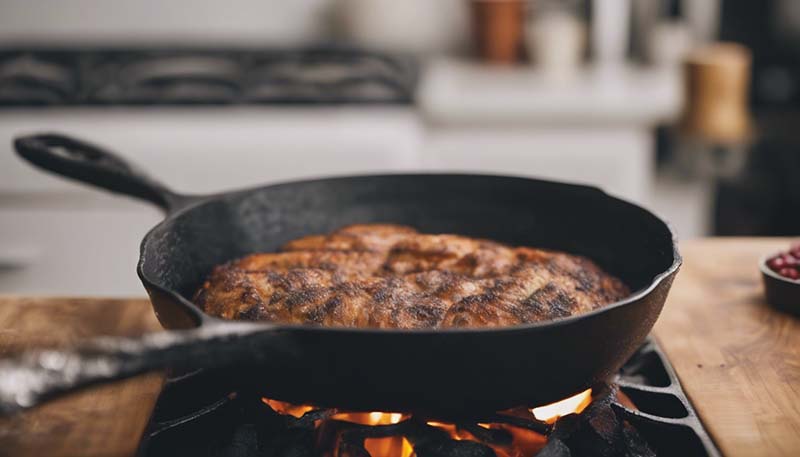
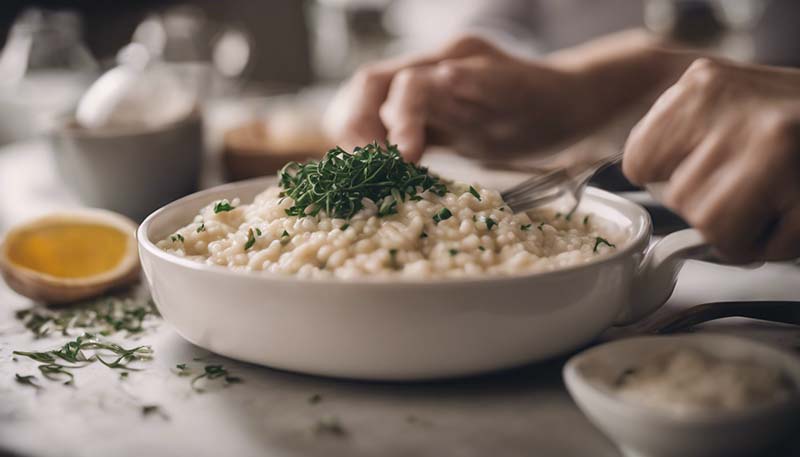

Leave a comment